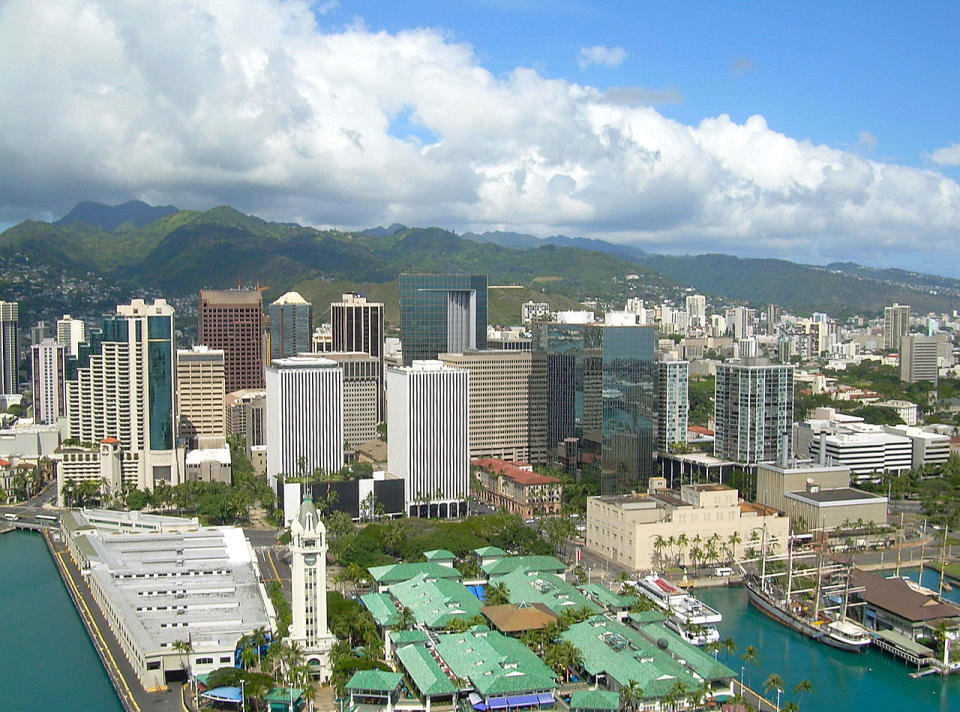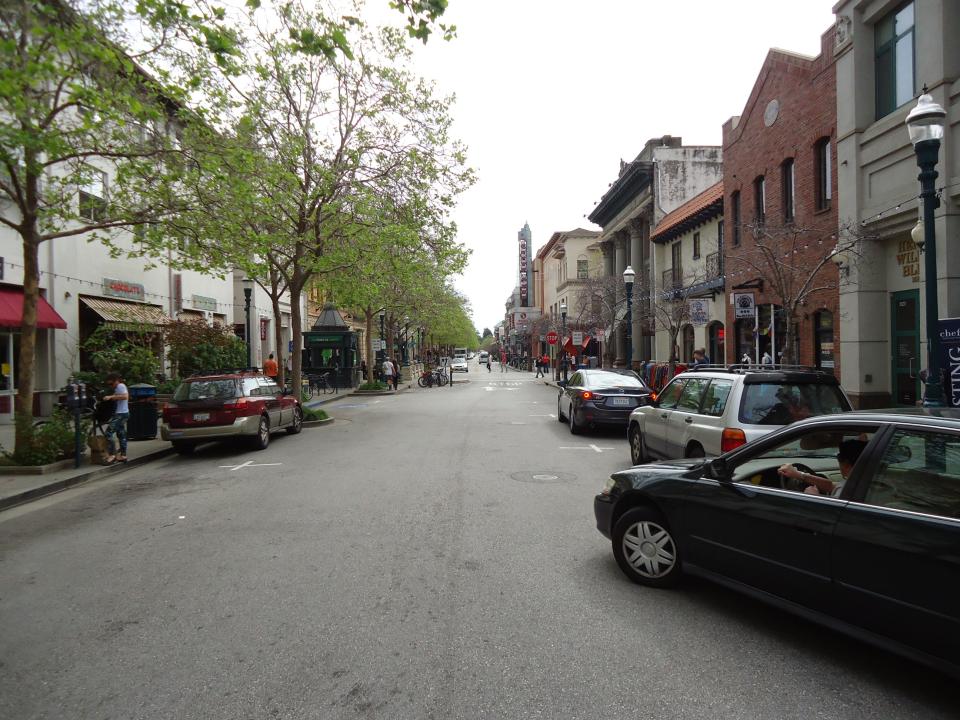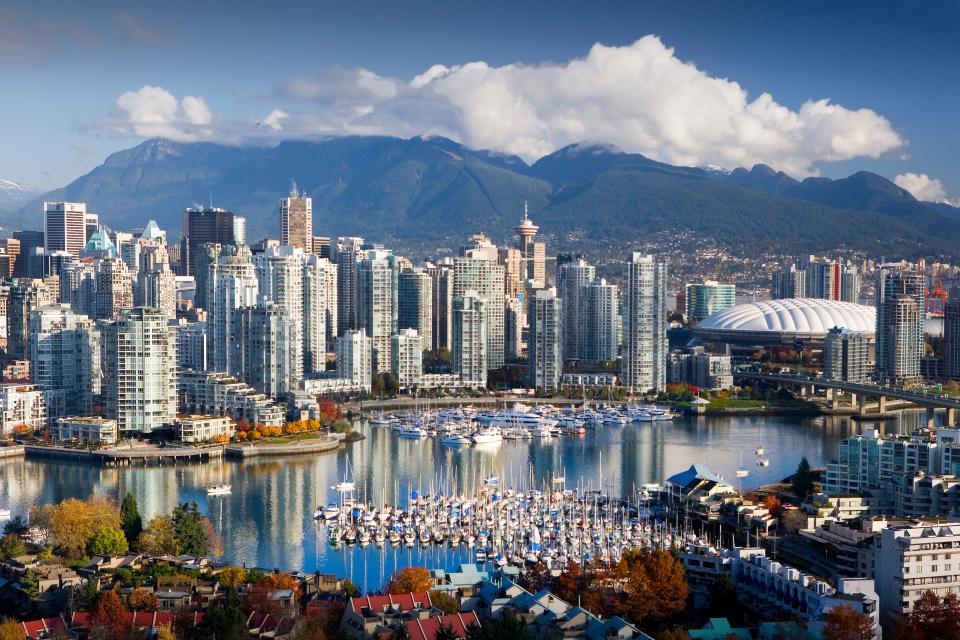The 10 least affordable housing markets in the world
Now in its 14th year, the Housing Affordability Survey, issued by Demographia International, explores 293 metropolitan housing markets in nine countries: Australia, Canada, China, Ireland, Japan, New Zealand, Singapore, the United Kingdom and the United States. Assessed in the third quarter of 2017, 92 major metropolitan markets with a population of more than 1,000,000 people are included.
In total there are 28 severely unaffordable major housing markets, and two of these markets are found in Canada.
Where a market falls in terms of unaffordability (from moderately to severely) is based on the ‘median multiple,’ which is the median house price divided by the median household income. It’s “how much is made” versus “how much one can afford” when buying property, and for over a decade one of Canada’s cities has remained as one of the most expensive places to live: Vancouver.
Vancouver is the least affordable market in Canada and is the world’s third least affordable city, according to Demographia’s findings. Once again, the city is listed as a severely unaffordable market with median home costs being 12.6 times the median income taken in. Moreover, Vancouver has seen the biggest plunge in affordability among major markets: in 2004 the figure was 5.3, so the median multiple has risen by more than 2.35 times from 2004 to 2017.
According to the report, single detached housing (the most expensive housing) has seen the the smallest change at three per cent, while “prices at the middle of the market and lower ends of the market rose much more, 15 per cent in townhouses and 22 per cent in apartment condominiums.”
Another severely unaffordable market is Toronto, which has a median multiple of 7.9 and lands in 81st spot out of the 92 major metropolitan markets measured. Vancouver ranks 90th, behind Sydney, Australia and the report’s most severely unaffordable market, Hong Kong.
The report also cites findings from the Canadian Mortgage and Housing Corporation (CMHC), which notes Canada’s problematic conditions overall.
“Home prices have risen ahead of economic fundamentals such as personal disposable income and population growth, resulting in overvaluation in many Canadian housing markets,” the report states.
Also noted in the report is British Columbia’s foreign buyers tax (“non-resident speculation tax”), which was implemented in the middle of 2016, and was designed to curb exhaustive housing prices to more manageable figures. It “appears to have cooled the hyper-inflation temporarily,” the report states, however prices are rising again with “11 per cent increase over the past year, approximately four times the increase in average earnings.” Ontario imposed the same type of tax in the second quarter of 2017.
There’s an empirical flaw with the study, though, according to Tsur Somerville, University of British Columbia professor and director of the UBC Centre for Urban Economics and Real Estate. He explains that a “high amenity city, a place where people want to live, will have a higher price income ratio, and the cities that people don’t want to live in will have a lower price income ratio,” so there are “aspects of the numbers that’s a bit misleading” in the survey. Also, this is not an exhaustive list of cities, and Somerville points to cities like Beijing or Shanghai (both not on the list), which would yield higher numbers than seen with Vancouver.
Canada’s most affordable major market is Edmonton (a 3.7 median multiple) and is rated as moderately unaffordable. Non-major markets like Moncton, N.B. and Fort MCMurray, Alta., for example, have a 2.1 and a 2.2 median multiple, respectively, and Moncton is the most affordable market in Canada for the sixth year in a row. The overall median multiple for the 46 Canadian markets studied is seen as moderately unaffordable (a 3.9 median multiple) so while Vancouver and Toronto are severely unaffordable housing markets, the country as a whole isn’t nearly as bad.
When assessing Vancouver and Toronto’s housing market prices, Somerville points to Toronto’s transit system as one of the reasons why, in comparison to Vancouver, it’s easier for Torontonians to live cheaper than Vancouverites: more people live further away (paying less for housing) and can still commute downtown for work no problem. Toronto also has more land available for development than Vancouver, adds Somerville, so geography does play a big factor in housing market prices.
The expensive housing not only affects residents living in Vancouver, but it is a hurdle when trying to attract professors to the university, too, he says. “There are people out there that want to have a house but don’t want to have the ‘Vancouver experience’ whatever that means, so they’re not likely to move here,” he says. “Then you get young people here who are getting frustrated because they aren’t able to find the housing they want, so, they go elsewhere.”
“Vancouver is an attractive place to live, and it’s expensive,” Somerville says, “that’s not going to change.”
Download the Yahoo Finance app, available for Apple and Android.

 Yahoo Finance
Yahoo Finance 






















